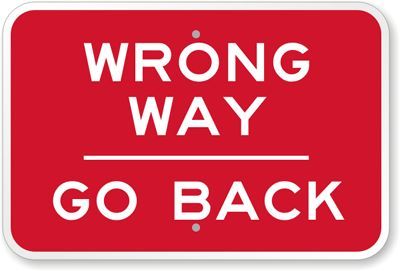31 Oct 2014

Today’s Daily Telegraph reports Opposition leader as saying: “It is time that a national gas reservation policy was put firmly on the national agenda.”
Rather than asking other states for a hand-out, the NSW ALP should reverse its own opposition to natural gas production in the state, as this is clearly the simplest and the most effective way to put downward pressure on rising NSW gas prices.
Despite possessing around 500 years’ worth of gas supply within its borders, NSW currently imports 95 per cent of its supply from South Australia and Victoria, at a time when regulated gas prices are rising by more than 10 per cent per annum.
It today appears the only plan Mr Robertson has to address the enormous economic challenge facing NSW is to go cap-in-hand to his neighbours, most of whom have demonstrated the political and economic leadership necessary to avoid the circumstances in which NSW today finds itself.
At a time when governments across the country are seeking to increase the competitiveness of the Australian economy and attract new project investment, gas reservation is precisely the wrong policy response. Reservation has been almost universally rejected globally throughout free-market economies for a very good reason: gas reservation actually makes worse the very situation it is supposed to fix. Rather than generating more gas or driving down prices, reservation policy reduces investment needed to bring on new, or cheaper, supplies.
In June, an International Energy Agency report examining the effect of gas reservation in some non-OECD countries throughout the Middle East and North Africa, said: “Subsidies exacerbate demand and inevitably lead to shortages a decade later”.
Mr Robertson should also examine the scenario in Western Australia. The state introduced a gas reservation policy in 2006, but in July that state’s independent economic advisor said the policy should be scrapped immediately because the policy discourages investment in gas projects; perpetuates the existence of industries that may not have a comparative advantage in Western Australia at the expense of investment in other industries; increases reliance on subsidised gas; and discourages efficiency and innovation.
NSW’s 1.3 million gas consumers deserve a serious solution to the gas price challenge they currently face and it is high time that both sides of politics looked past the hysterical scare campaigns that have strangled development in the state, and got on with the job of delivering new, local supplies of natural gas.
Media Contact

